Effective family governance often includes structures like a Family Council/Executive Committee, Family Bank, Family Philanthropy, Family University and regular Family Heritage Milestones (family meetings). The structures utilized by the family to operate and implement their governance objectives may or may not be legal entities, but they will be unique to that family’s circumstances, and they will be built upon high-level communication, active mentoring, and encouragement of individual and collective family member achievement.
The Family Heritage Milestones are the children/grandchildren’s hands-on classrooms to prepare them for the inheritance they will receive. Through these experiences, each succeeding generation is mentored and prepared by the previous generation. The Milestones provide a structure to accomplish the family’s objectives. While there will be some formality to the organization of the Family Heritage Milestones (i.e., agendas, minutes, committees and reports), the actual structure will vary from family to family. The first two principles that are essential for effective family governance are described below:
Principle 1: Each family member must decide to participate for his or her own reasons. Ultimately, each family member who decides to participate (or, ‘buy-into’) the family governance process makes their decision to stay the course based upon two factors:
Is it worth it? Can I do it?
It will be "worth it" for everyone to participate if the family establishes a governance structure in which:
• Each voice within the family is valued;
• Each individual finds a meaningful and productive outlet within the governance structure for their core passions.
In the successful governance process, every family member finds a role where they feel valued. Simply assigning tasks or busy-work to family members around the governance process will not achieve the level of high-performance teamwork that is the hallmark of strong family governance. Finding out what is right for them in this process can be hard work.
“For family governance to be successful, the senior generation must transition from being the monarch to being a mentor.”
An Example of “Is it Worth It? Can I Do It?"
An adult daughter was a reluctant participant in family meetings because her dynamic, hard-charging parents wanted her to be a leader like them. But she was not that type of leader, and had no desire to be that way. When her parents were going through their Guided Discovery and reflecting upon the values and passions that drove their own lives, her mother asked, “When are we going to accept our daughter for her values and passions, for who she is, and not what we want her to be?”
In fact, the daughter wanted to be the ‘safe’ Aunt to whom anyone in the family could come to share their stories, joys and problems. When her parents realized that, and helped her to assume the leadership role that most suited her, everyone in the family benefited from the decision, and everyone elected to fully participate in the Family Council.
Strong personalities should not dominate family governance. When thinking about 'who goes where' and 'who fits best' in the context of family governance responsibilities, the answers must benefit the family as a whole as well as the individual family members. In our experience, this kind of perspective and realization only comes through a skillfully conducted Guided Discovery* interviews.
The end result is that individual family members discover what’s truly important to them, which provides the solution to the ‘Is it worth it and can I do it’ question. This, in turn, allows them to make significant, long-term contributions to the family governance process for their own reasons.
*Guided Discovery is defined as a process of learning in which you are guided by another to learn from your own experiences. Guided Discovery goes far beyond the traditional fact-finding process to capture stories, values, life lessons and other information. With the guidance of a trained advisor, this process helps clients identify and articulate what matters most to them, and then to make those ‘discoveries’ the basis for the planning and family governance activities they will undertake. Guided Discovery, as utilized during The Heritage Process, is not therapy. While there may be some instances in which the services of a family counselor may be useful to facilitate family communication, the important thing to note is that if family governance is going to work for multiple generations, it cannot be dependent on outside advisors.
Principle 2: Communication is the key
Developing and maintaining effective patterns of communication is the key to long-term success. It is in the process of working together that the results of greatest importance and lasting benefit to the family are achieved. Part of the family governance structure is to create experiences and opportunities for communication to develop over time.
When family communication and mentoring are functioning at a high level, the performance results desired by the family will follow. This is the key to successful, multi-generational family governance.
Families who establish and maintain effective family governance structures can experience greater unity, individual family member achievement, and the accomplishment of the goals and objectives that matter most to them–for generations.
We will discuss two more principles focused on details of the family governance structure in the next article.

